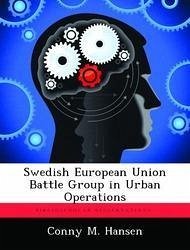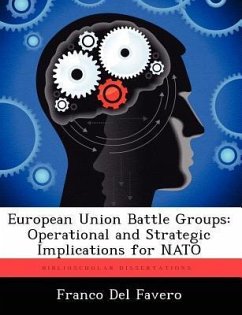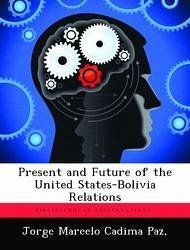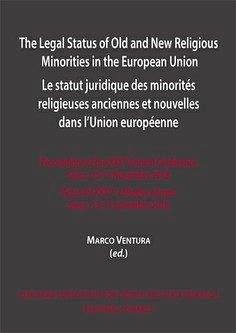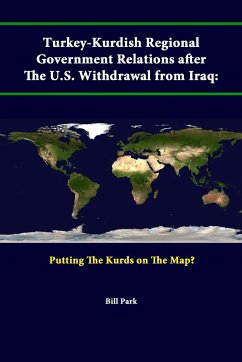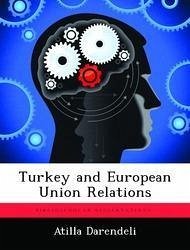
Turkey and European Union Relations
Versandkostenfrei!
Versandfertig in über 4 Wochen
52,99 €
inkl. MwSt.
Weitere Ausgaben:

PAYBACK Punkte
26 °P sammeln!
The European Union is undoubtedly one of the major success stories to emerge from a violent century which saw millions of Europeans lose their lives in hostilities and conflict. The December 1999 European Council Meeting in Helsinki marked an uplifting ends to such a century. It not only set a vision for the future of the old continent in the new millennium. It also repositioned the horizons of Europe. The Helsinki Summit established the EU's ultimate southeastern borders will be with Syria, Iraq and Iran. Turkey's inclusion in the EU's enlargement thus has both a regional and global significa...
The European Union is undoubtedly one of the major success stories to emerge from a violent century which saw millions of Europeans lose their lives in hostilities and conflict. The December 1999 European Council Meeting in Helsinki marked an uplifting ends to such a century. It not only set a vision for the future of the old continent in the new millennium. It also repositioned the horizons of Europe. The Helsinki Summit established the EU's ultimate southeastern borders will be with Syria, Iraq and Iran. Turkey's inclusion in the EU's enlargement thus has both a regional and global significance. The role it played in the Kosova Crisis underlined its importance to the EU in the Balkans. Turkey is equally important where the EU's reach to Eurasia and Middle East is concerned. Dr. Romano Prodi, the Commission President, has described the Helsinki Council as launching a "New European Order" to embrace "all of us the EU, the applicant countries and our neighbors in a wider Europe." In Turkey too, Helsinki has been hailed as a landmark event, both for the revival it gave to Turkish-EU relations and for launching the process leading to Turkey's eventual full membership of the EU. For Turkey, acceptance of its candidacy is a natural response to the sacrifices it made throughout the Cold War period. As the only NATO member with a land border with the Soviet Union, it bore a heavy share of the Alliance's burden. It finds it fitting that, having contributed to the creation of the new Europe, it should also be part of this Europe.






